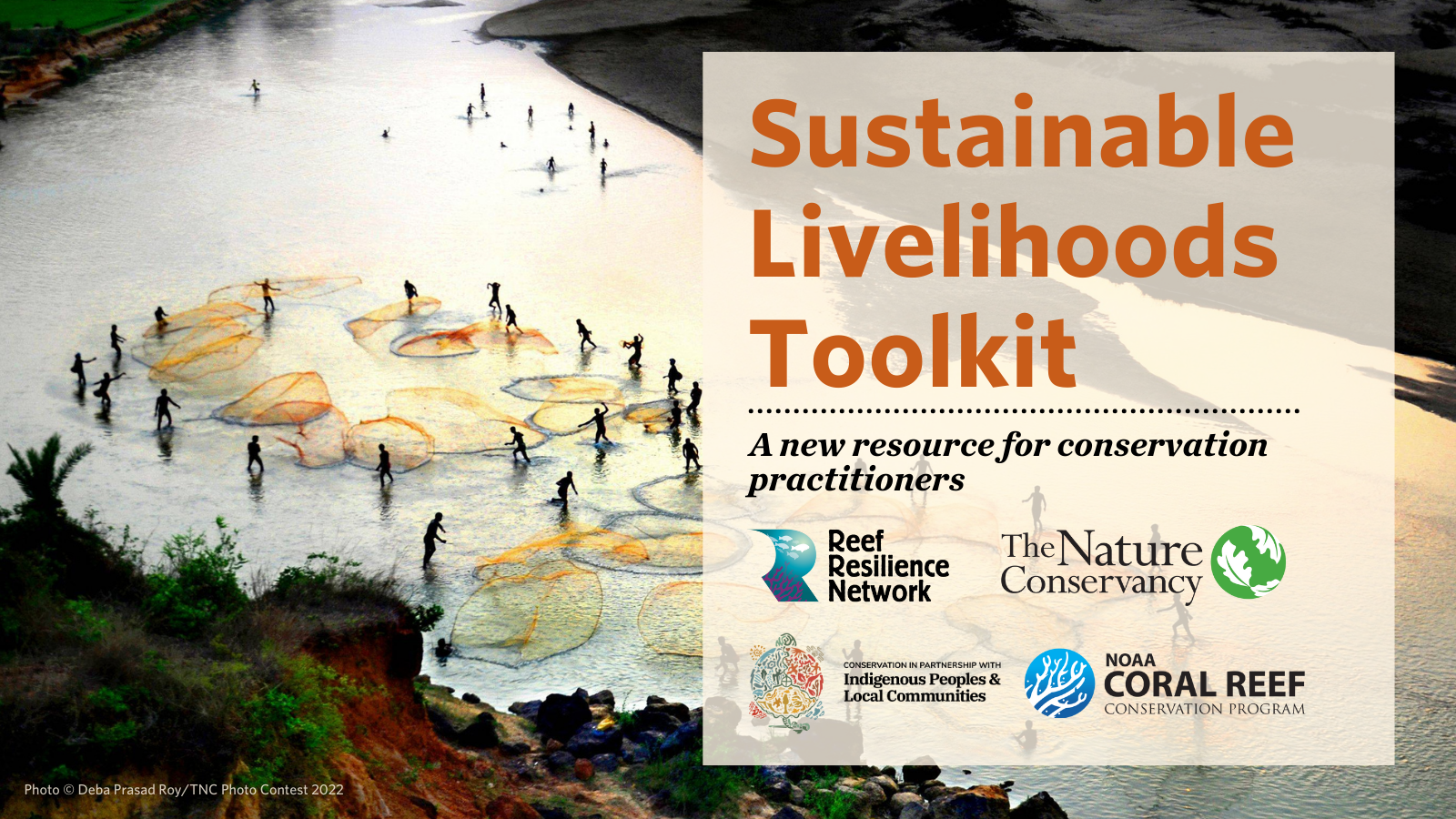This study of the impact of anthropogenically derived nutrients on bleaching patterns in Pocillopora and Acropora corals determined that nutrient loading exacerbates the bleaching potential from heat stress and acidification. Anthropogenically sourced nutrients far exceed the quantity of naturally derived nutrients and are likely to impair coral growth and survival. Climate shifts, especially warming temperatures, catalyze coral bleaching events and this study measured nitrogen to demonstrate its contribution to bleaching. High concentrations of nitrogen were found to correlate with increased severity of bleaching for both coral species studied. This was demonstrated by both species exhibiting bleaching patterns indicative of high heat stress under low heat stress conditions and high nitrogen concentrations. Interestingly, the likelihood of bleaching decreased for Pocilopora with high nitrogen concentrations. These results show that local nutrient pollution is significantly impactful on coral ecosystems, exacerbating climate-driven bleaching events. Land use changes and increasing nutrient runoff threaten to further decrease coral resilience in some species, reducing recovery time following heat stress and lowering temperature thresholds for bleaching. In conclusion, this paper emphasized that land use practices influencing water quality must be improved to mitigate nutrient pollution and encourage reef resilience.
Authors: Donovan, M.K., T.C. Adam, A.A. Shantz, K.E. Speare, K.S. Munsterman, M.M. Rice, R.J. Schmitt, S.J. Holbrook, and D.E. Burkepile
Year: 2020
View Full Article
PNAS 117(10): 5351-5357. doi:10.1073/pnas.1915395117/-/DCSupplemental


